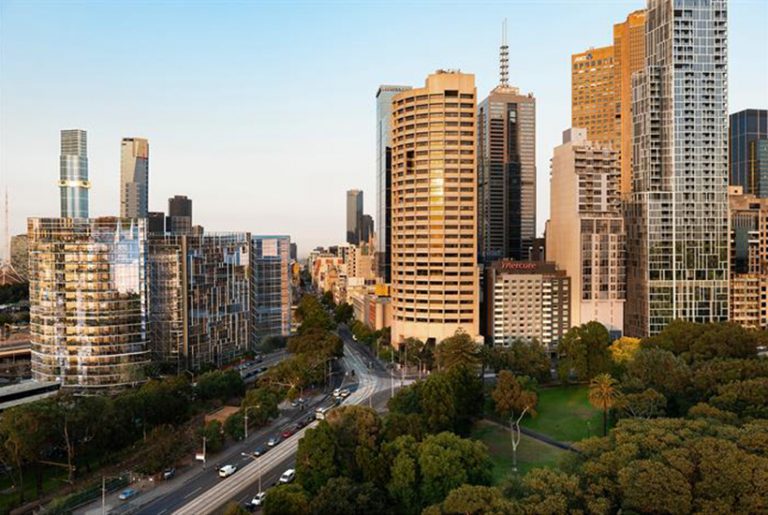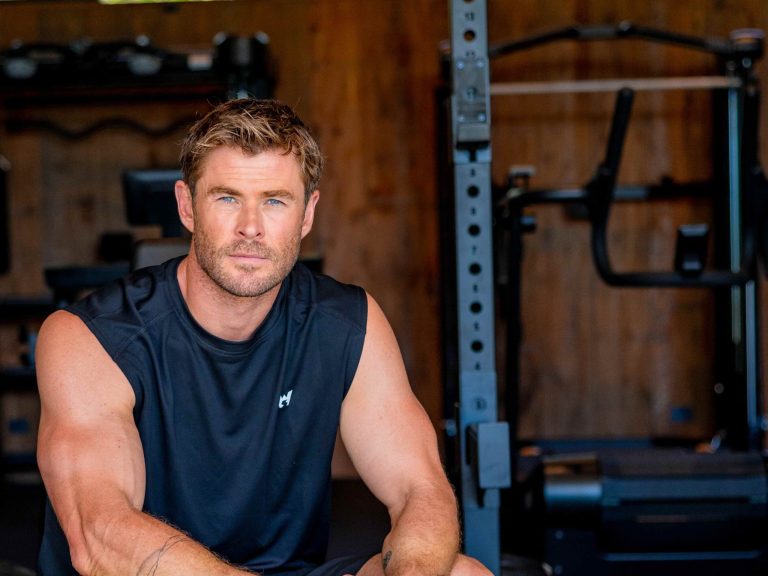Office heavyweight Dexus has flagged pressure on city towers and even industrial parks in the coronavirus crisis, but it is still striking fresh deals and has not tapped the market for new equity.
Dexus has announced some redundancies, which it blamed on losing a mandate, and a freeze on discretionary spending.
The company’s announcement comes during a series of salary reductions and job cuts across property companies and real estate agencies.
Dexus chief executive Darren Steinberg said the COVID-19 pandemic had had a profound impact on real estate but the company was in a robust position with high portfolio occupancy, limited new supply in key CBD office markets and a strong balance sheet.
Dexus pulled its guidance in March and said it was still assessing the impact of COVID-19 on its operations, including help it may need to provide to its tenants.
Over the quarter, Dexus leased 33,284sqm of office space across 62 deals with office portfolio occupancy remaining high at 97.2%.
It also leased 21,094sqm of industrial space across 22 deals, with industrial portfolio occupancy high at 96%.
Dexus also teamed with GIC to buy a half stake in Melbourne’s Rialto Towers for $644 million. The Singaporean sovereign wealth fund also boosted its stake in a $2bn Dexus-run logistics trust.
Dexus and Frasers are also advancing plans for Central Place Sydney, a $2.5 billion development in a new technology precinct.
But the company said office leasing inquiry levels had fallen and inspection rates had slowed and it warned that lead indicators pointed to a “period of uncertainty” in office markets across Australia, with demand in major CBD markets likely to be “patchy” in the short term.
Dexus expects the best assets to hold their value.
Meanwhile, industrial leasing inquiry levels had slowed, with a split in demand depending on the extent to which companies’ products are non-discretionary and discretionary categories.
“Some categories remain relatively active such as food, pharmaceuticals and online goods,” Dexus said. “Inquiry has been positive for supermarket overflow space across the eastern seaboard.”
Dexus said there was demand in Sydney and Melbourne from healthcare and construction plant and equipment companies.
Developers are likely to dump speculative projects and e-commerce and infrastructure investment are also fuelling longer-term demand.
Dexus has an $11.2 billion development pipeline but it is mainly long-dated, though the crisis has meant that some deals are not converting to binding leases or customers are seeking to delay lease start dates.
The company has $1.7 billion of cash and committed undrawn bank facilities available and about $400 million of debt maturing in late fiscal 2021.
Mr Steinberg said Australia was well placed in managing the spread of COVID-19 compared to the rest of the world. “We are starting to see restrictions being progressively eased by state governments across the markets that we operate in,” he said.
“The eventual recovery will be helped by sizeable government fiscal stimulus, a lower for longer interest rate environment, and the ongoing infrastructure pipeline underway in key capital cities,” he said.
This article originally appeared on www.theaustralian.com.au/property.








